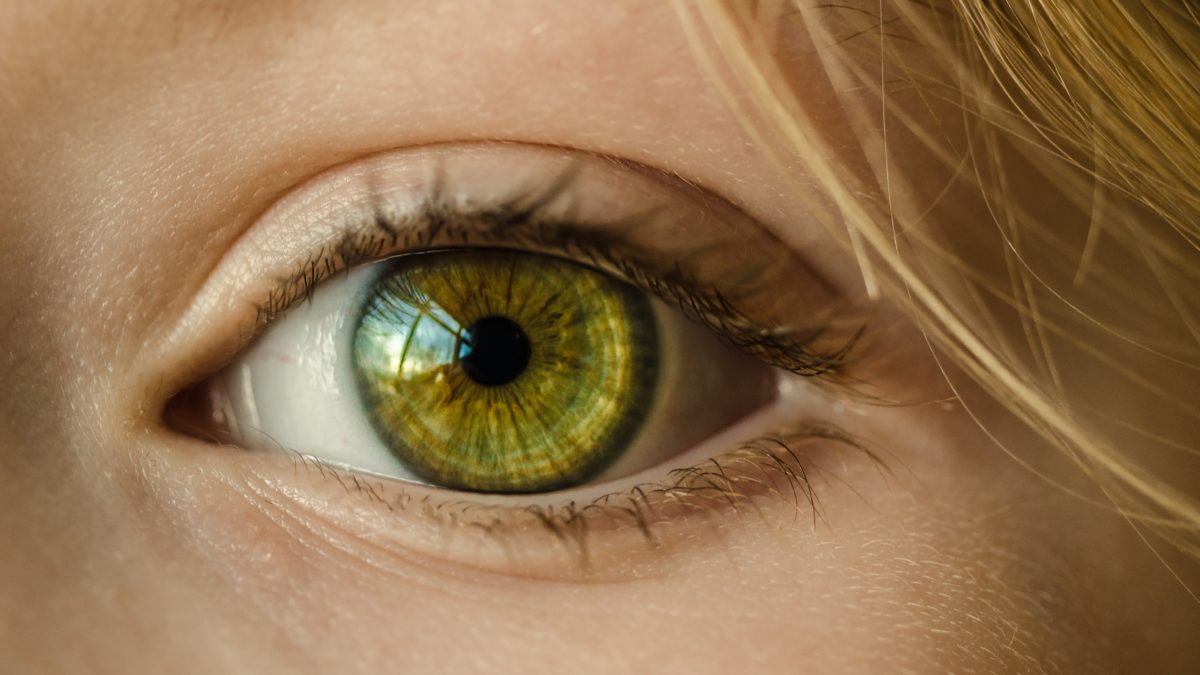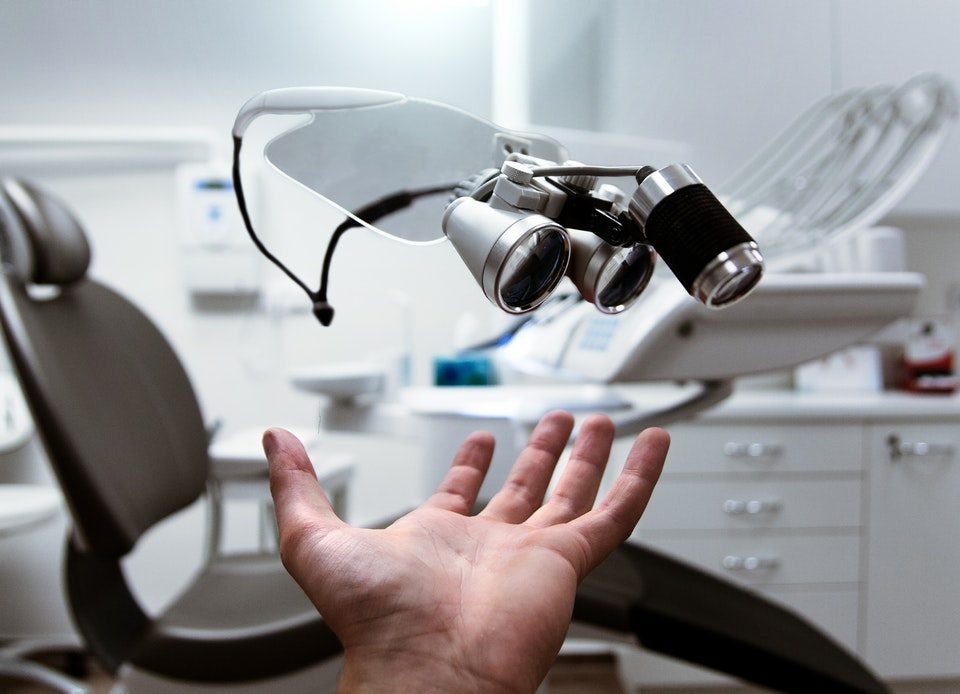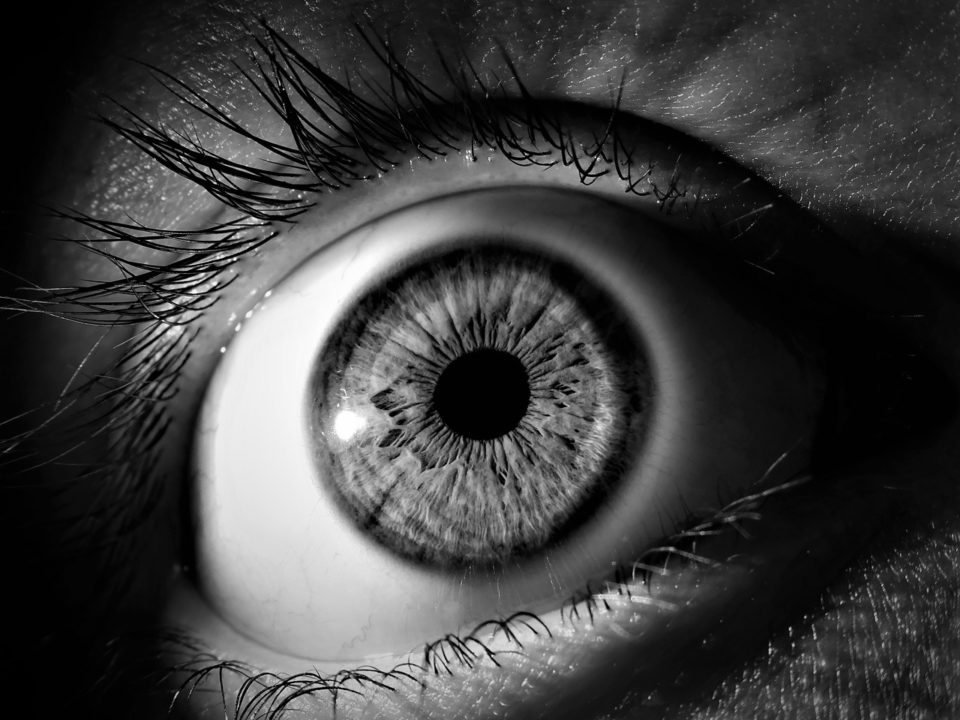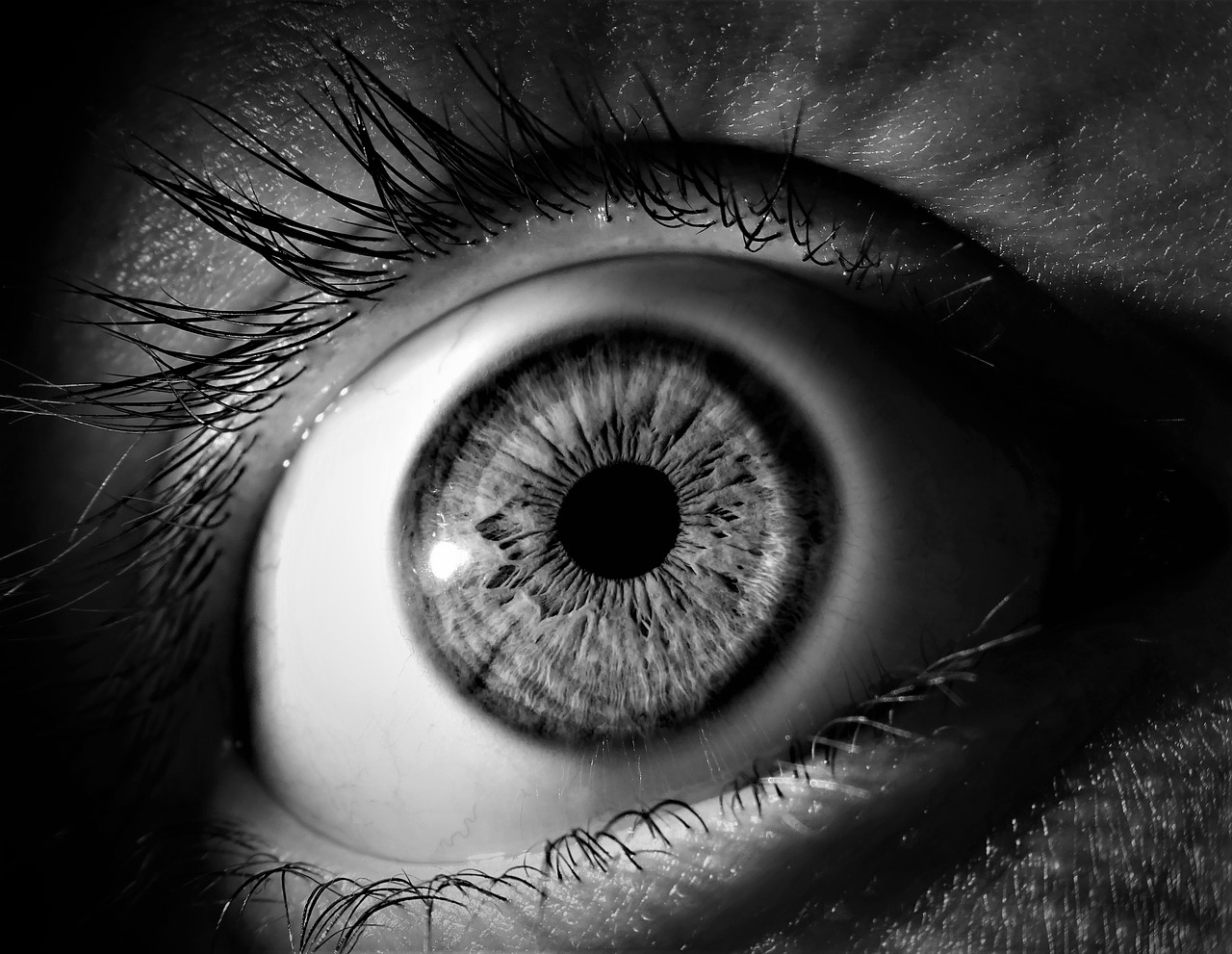
What Are the Common Causes of Blurry Vision
April 8, 2020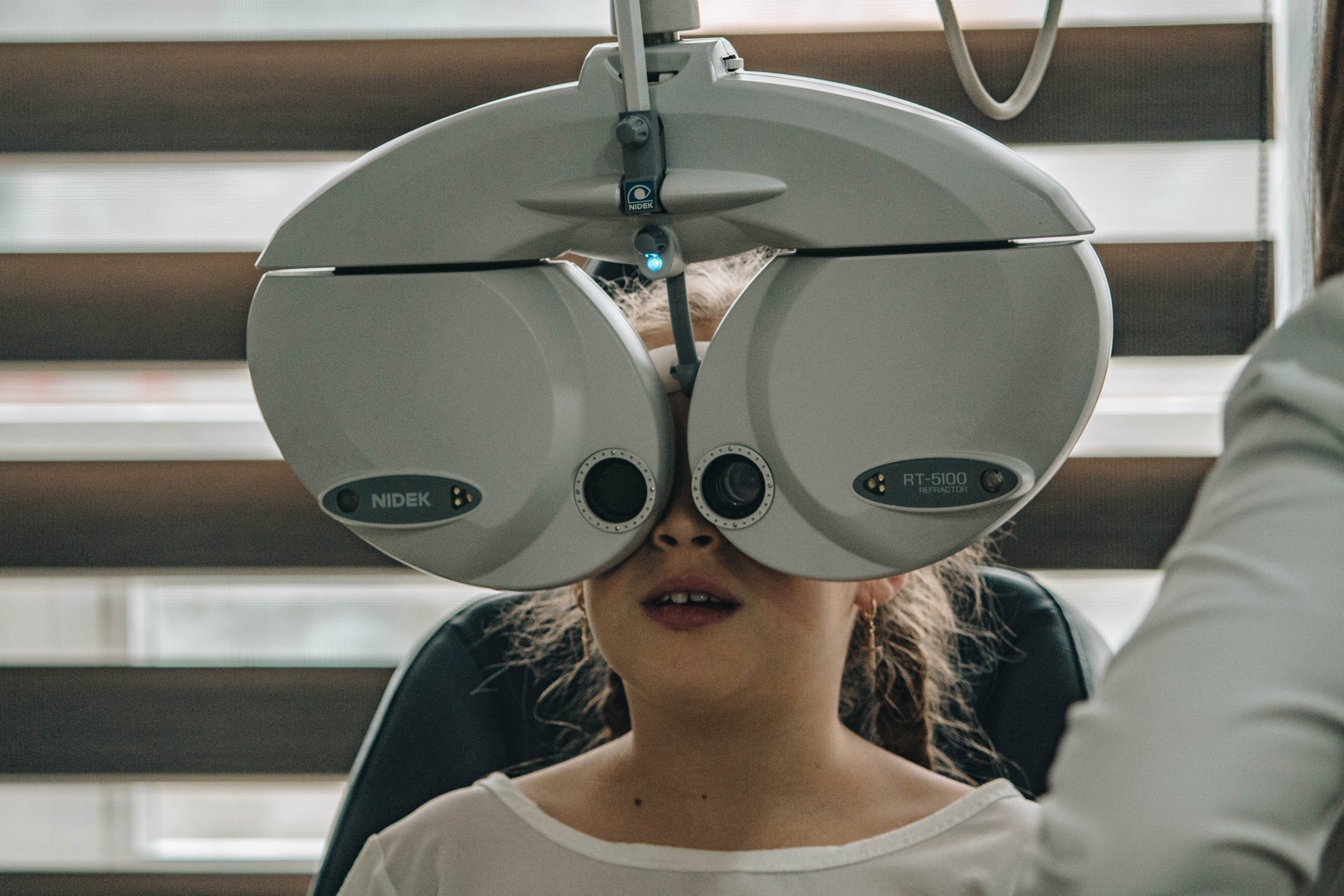
How to Get the Most Accurate Eye Exam
May 7, 2020Spring is always a wonderful time of the year. The weather starts to warm up and plants start blooming in droves. With that said, the spring can also be a challenging time for those that are affected by allergies. Eye allergies are a common occurrence every spring thanks to the massive amount of pollen in the air.
It can be both uncomfortable and frustrating to experience eye allergies in the spring, but the good news is that there are several approaches you can take to get some relief. Below, we are going to discuss spring eye allergy symptoms and remedies so that you know what to do if you start experiencing eye-related issues this spring. Remember to reach out to AV Eyecare if you are interested in speaking with an experienced eye care professional about your allergies.
Symptoms of Eye Allergies
Some of the most common symptoms of spring eye allergies are red eyes, itchy eyes, watery eyes, and a runny nose. These symptoms are directly related to how the body deals with allergens in the air. When the pollen count is high, people that are affected by these symptoms will have to adjust. There are other types of eye allergies that can be caused by food or makeup, but the symptoms are slightly different. The bottom line is that it is fairly easy to recognize when someone is dealing with eye allergies related to the spring.
Remedies for Spring Eye Allergies
Now that we know what to look out for when diagnosing spring eye allergies, let’s look at a few ways to remedy the issue. One of the smartest things to do if you know that you suffer from spring eye allergy symptoms is to avoid allergens entirely. It’s easy to find out when the pollen count is high in your area, so simply stay inside on those days to avoid exposing your eyes to the allergens. You also should focus on cleaning your home and keeping your windows closed during the spring to avoid letting the allergens inside your home.
Another good remedy for spring eye allergies is to avoid wearing your contacts. Contacts can actually cause more irritation if you are exposed to pollen, so try to limit your contact use for the first few months of spring until the pollen count drops. You also might want to explore using medicated eye drops or rinsing your eyes with saline if the symptoms are affecting you. Eye allergies can cause dry eyes and affect your eye’s natural ability to produce tears, which is why drops can be effective.
Lastly, make sure you are washing your hands and your face on a regular basis. This can help you avoid getting allergens in your eye and prevent symptoms from even occurring. Keep in mind that the spring season doesn’t last that long and that the pollen count will drop eventually. If you are looking for more information about spring eye allergies and how to deal with them, reach out to AV Eyecare today for help.

